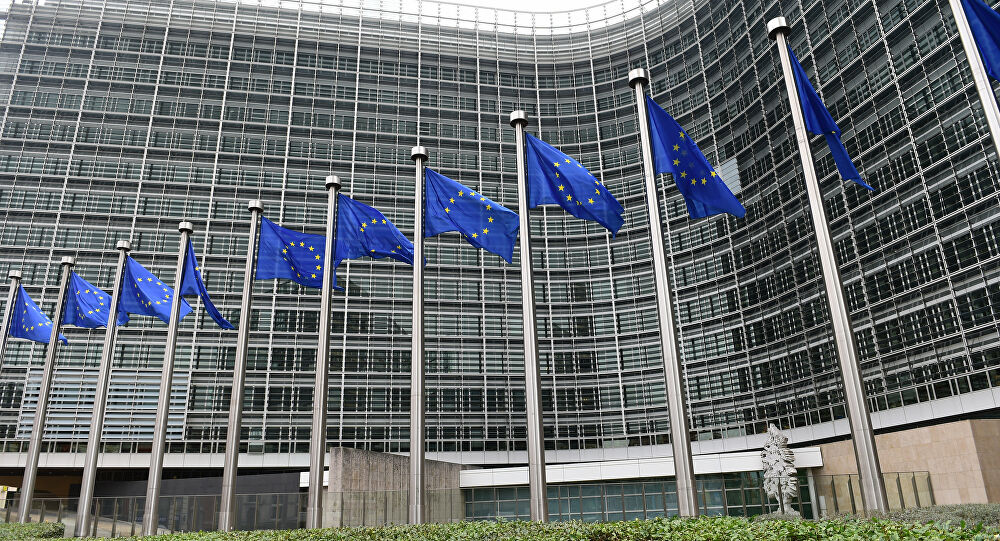The report of the European Commission (EC) should be a roadmap for the new government, while the experts who worked on it can help in drafting better laws, as well as in detecting specific cases, but also in cleaning institutions from those who incited corruption and worked in service of the organized crime.
The document shows that the EU clearly recognizes the issues Montenegro is facing, but also that it has much more detailed information on specific cases than the ones stated in the report, which must contain general assessments and a diplomatic tone.
Unlike the State Prosecutor’s Office, the EC apparently believes that the Snimak affair (the ‘audio recordings affair’) is not over and that these cases must be taken out of the drawers. Unlike the Agency for Prevention of Corruption, Brussels clearly recognizes electoral misuses of the outgoing regime.
The EC report describes the cigarette smuggling through fictitious companies registered in the free zone of the port of Bar, which have not been addressed by the police or the State Prosecutor’s Office. It points to specific cases in which prosecutors have entered into plea agreements with criminal groups with inappropriately low sentences. This document marks the omissions of prosecutors and judges in the most important cases, for which they have never been held accountable.
The report confirms that the outgoing government has captured and systematically destroyed all key institutions in the fight against corruption and organized crime, from police, State Prosecutor’s Office and judiciary, through the Agency for Prevention of Corruption, to Customs Administration, tax and inspection services, leading to a drastic slowdown in reforms and freezing of integration process.
EC also revealed the intentions of the outgoing government to prevent the media and NGO sector from revealing specific cases by changing the law on media and free access to information, trying to intimidate journalistic sources and declare as many of its criminal activities secret.
The Commission’s report contains a clear picture of the very poor state and basic recommendations for improvement, but it does not provide precise solutions to the very complex issues that the new government is going to face by taking over the captured institutions. However, the international community has long recognized that specific reforms must be implemented in captive states.
Therefore, the new government should immediately establish cooperation with European experts who will help find best solutions in line with international standards, and finally begin to establish the rule of law.
Vanja Ćalović Marković
Executive Director
MANS



